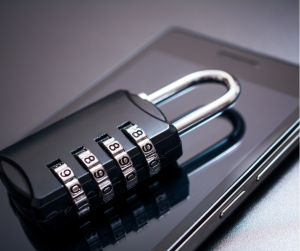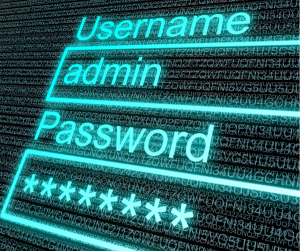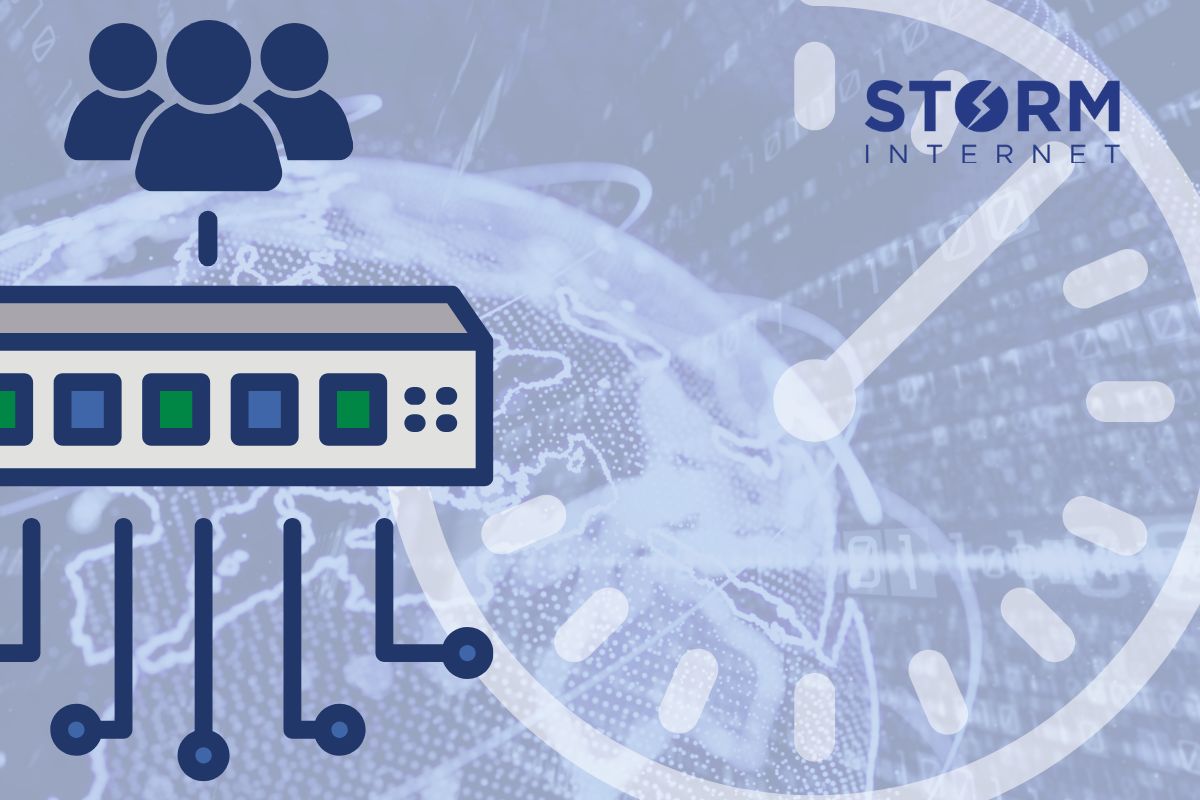Security
What Are The Different Types of Cyber Security? | Storm Internet

It’s incredible to think that 30 years ago, we lived without the internet. While it was available for businesses, most households didn’t have a connection. Fast forward to today, and the web dominates our lives.
We use it to watch TV, communicate with our friends, shop and learn. While the internet is central to both businesses and everyday life, it isn’t without faults, and this vast network of information is a hacker’s dream.
According to Security Magazine, more cyber breaches occurred in 2021 than ever before, and these breaches impacted both businesses and personal users. Internet security isn’t a luxury; it’s essential for protecting information and ensuring it doesn’t get into the wrong hands.
In this post, we’ll reveal the five types of cybersecurity and explore why each is important.
Application Security

It’s no secret that we live in an app dominated world, and companies will continue to offer convenient ways for people to access their finances, media and fitness details. Applications such as What’s App have almost replaced text messaging altogether, and they’re highly accessible.
This accessibility can cause security issues, such as bugs and data breaches, which is why you need to protect your apps.
There are three types of application security, including encryption programmes, firewall and antivirus software. All of these features ensure that nobody can breach your systems, and encryption programmes protect your sensitive information.
Critical Infrastructure
Critical infrastructure is central to everyday life because it’s responsible for vital services and amenities that society relies on. For example, hospitals, traffic lights, electricity grids, shopping centres and water purification services are all part of our critical infrastructure.
It’s essential to protect these vital services because they keep society running. If hospitals failed to operate correctly, people wouldn’t have treatment, and if our electricity grid was breached, people could take advantage of the situation and disrupt energy supplies.
Critical infrastructure security is essential, and if you rely on it in any way, you need to take steps to protect it.
Network Security
Network security protects any internal networks from hackers, data breaches and bugs. The entire network infrastructure is at risk of malicious intent, but ensuring suitable protection is in place can protect your systems.
Businesses especially need to protect their network because people share information across the network. If it’s not secure, you could lose important files, and hackers can get hold of your customers’ personal information.
Network security essentially creates a wall between your network and hackers, and many components make up a highly secure system.
Email Security: Everyone’s had a spam email from someone in a faraway country, and the reason hackers choose email is that it’s so popular. Email security can protect your system from breaches and flags up any suspicious activity.
Firewall: If you want to create a barrier between your external and internal network, firewall software is the best way to do it. There’s also firewall hardware, and a combination of both is a good idea for businesses that handle sensitive information.
Anti-Malware & Anti-Virus: Malware software scans your computer for dangerous files, or potential breaches, then removes it.
Data Loss Prevention: If there’s one thing that can ruin even the most successful business, it’s data loss. Your customers depend on you to keep their information safe, and data loss prevention security ensures your employees cannot accidentally share information in a dangerous way.
Information Security
InfoSec is vital for any business that handles sensitive information. It’s similar to network security in many ways, but as information security is specifically designed to protect data, there are many features that you won’t necessarily get with generic network security.
The primary purpose of InfoSec is to ensure only authorised personnel can access and share sensitive information, and it goes by the CIA (confidentiality, integrity, availability) objective.
The different types of information security include:
Cryptography: This useful system encrypts sensitive information, so it’s impossible to read unless you have an encryption key.
Cloud Security: Most people use the cloud to share files, but it could be very unstable without the right security. Cloud security protects the infrastructure and ensures only networks that agree to share can access each other’s files.
Incident Response: In some cases, a data breach might happen, and to repair the damage and prevent it from happening again, you need incident response software. The software can also save evidence, which is essential if you wish to pursue a prosecution.
Vulnerability Management: Networks are a vast environment, and it can be challenging to maintain them. Vulnerability management works by scanning your network to find any weak spots that might be susceptible to breaches.
End-User Security

Last but definitely not least, in end-user security, The term refers to your responsibilities as an internet user and what you can do to protect your personal computer or business from security threats.
When you understand what kind of threats you’re susceptible to every day, you can take steps to protect your systems. For example, password security is vital to keep your personal information secure, yet many people still use generic passwords that are easy for hackers to breach.
Long passwords with a combination of letters, numbers and special characters are far more secure than the name of your favourite pet or your birthday, so taking small steps to improve your security will make a significant difference.
Two-factor authentication is also essential because it sends a one time password to your registered email address or phone to confirm your identity.
You should also only connect to secure networks and ensure your internet is password protected.
What You Can Do To Protect Yourself
The first step to protecting yourself is finding a hosting company that offers a range of security features. Our StormSecure service guarantees that our clients are always protected, online, and covered.
From minor breaches to large scale hacks that can impact the reputability of your business, if you leave your network unprotected, someone will get through.
In a way, it’s like leaving the front door of your home wide open. You don’t do it because you know that anyone can walk in, which is why it’s important to lock up your internet connection and ensure only authorised people can access it.
By maintaining your infrastructure, you can enjoy the internet and everything it offers without putting yourself – and others – at risk.
Speak with a Storm Expert
Please leave us your details and we'll be in touch shortly
A Trusted Partner








